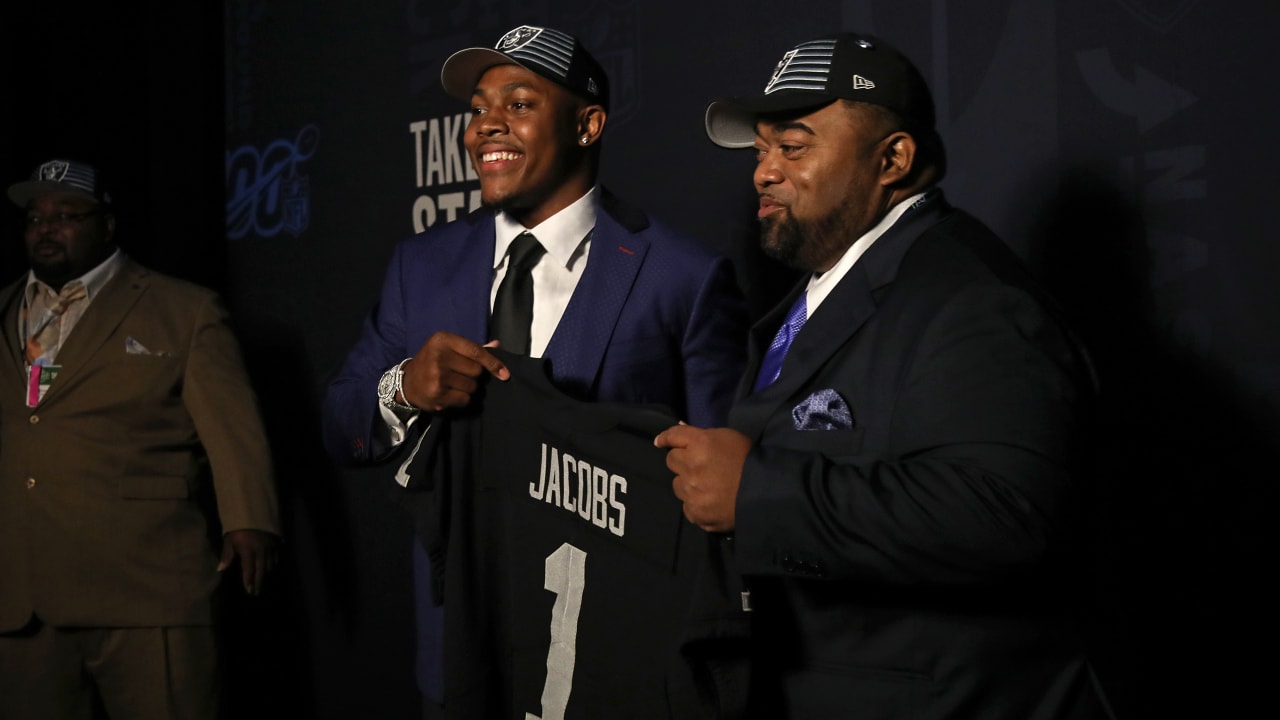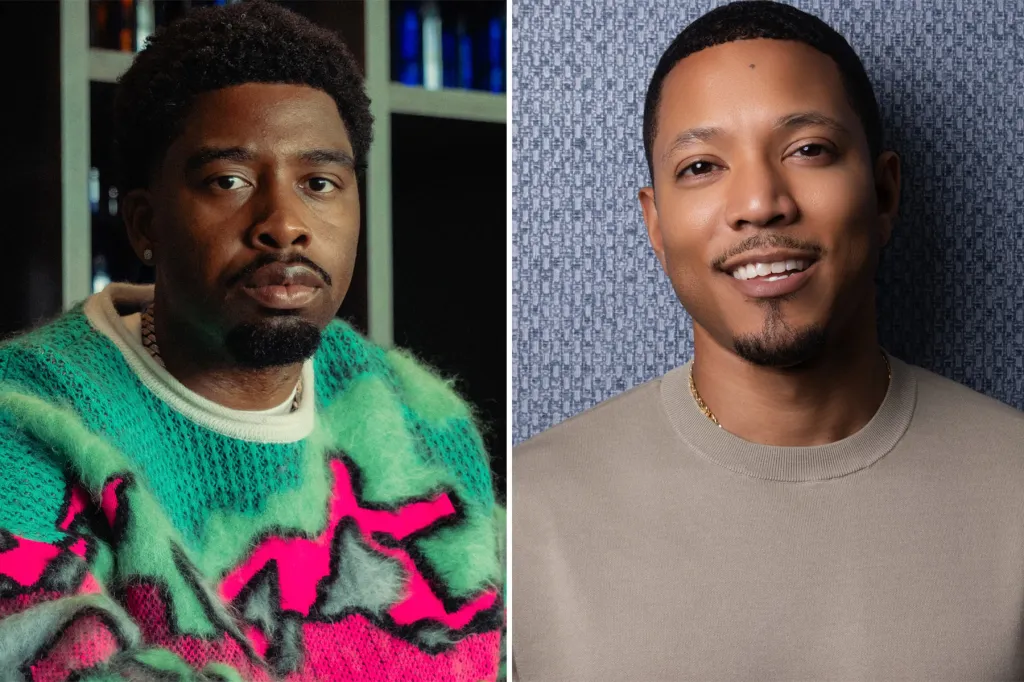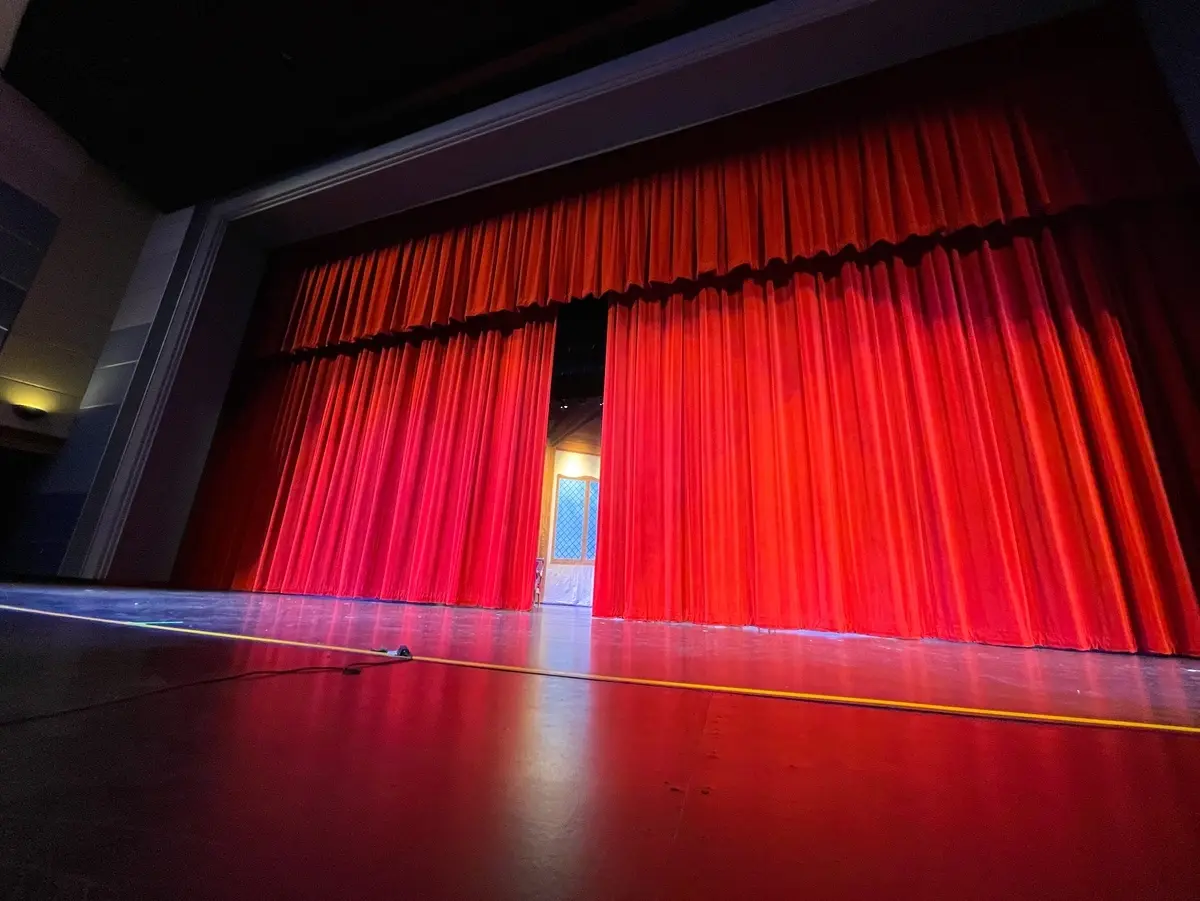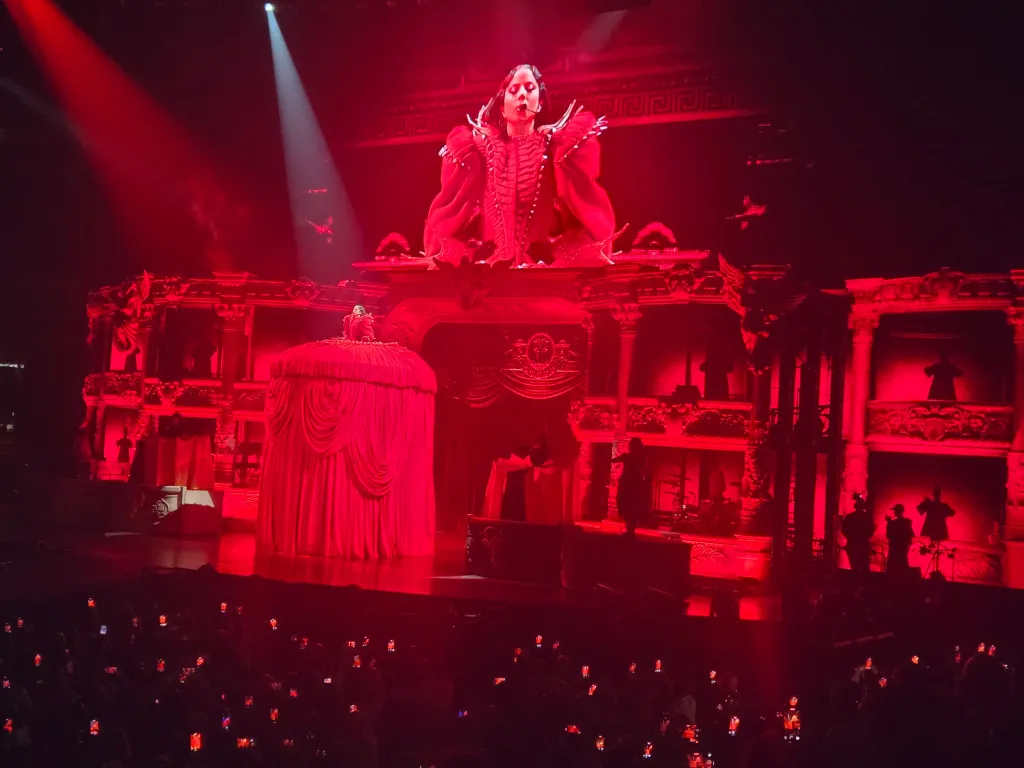Wayne State constitutional law professor talks First Amendment concerns of Jimmy Kimmel suspension
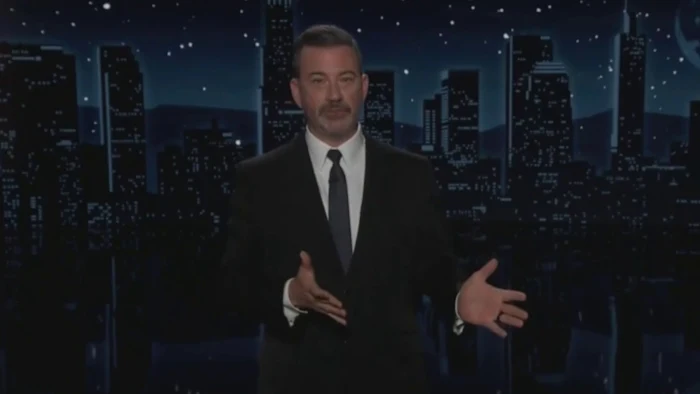
DETROIT – ABC has indefinitely suspended late-night host Jimmy Kimmel after comments he made about the man suspected of shooting Charlie Kirk.
The comedian’s remarks during his Monday (Sept. 15) night monologue tied the suspect to the MAGA movement.
The suspension and the strong response from regulators and politicians have set off a broader debate about free speech, media responsibility, and pressure on broadcasters.
Kimmel’s monologue included commentary suggesting the suspected gunman had ties to the MAGA movement.
ABC pulled Kimmel’s program from the air soon after the segment.
The move drew quick public attention when Federal Communications Commission Chair Brendan Carr publicly condemned Kimmel’s remarks as “truly sick,” and warned Disney and ABC to “take action on Kimmel, or face the hard way,” arguing that the network’s broadcast license carries a duty to serve the public interest.
Political reactions were swift and sharply divided.
President Donald Trump praised ABC’s decision on Truth Social and urged the network to fire other late-night hosts, naming Jimmy Fallon and Seth Meyers.
Former President Barack Obama, writing on X, criticized the broader reaction as an expression of “cancel culture” that he said had been taken to a dangerous level.
Steven Winter, a Distinguished Professor of Constitutional Law at Wayne State University, watched Kimmel’s monologue and said he was alarmed by the implications of the suspension.
“I think I’m frightened for the country,” Winter said, arguing that Kimmel was commenting on the reaction to the shooting — not the shooting itself — and that the monologue expressed opinion at a time when all facts were not established.
“I thought the statement he made was a glitch, because he expressed an opinion about facts that weren’t in yet. But there’s nothing offensive about it,” Winter added.
Winter said the pressure exerted by local station owners, ABC Corporation, and especially the public statements from the FCC chair, risk setting a dangerous precedent.
“Corporation that owns the local stations or the FCC, which is much, much worse, to pressure ABC to take him off the air for that comment, is ironic because it’s even more demagogic,” Winter said.
He framed the dispute as a classic First Amendment issue: political speech at the heart of constitutional protection.
“This is exactly what the First Amendment is about. Political speech, at its core. It’s not even a close question. It is right at the bullseye of the target of what the First Amendment is trying to protect,” Winter said.
The suspension disrupted the late-night landscape beyond Kimmel: Tonight Show host Jimmy Fallon was scheduled to speak at an event in New York City, but informed organizers he would no longer attend.
The wider ripple effects underscore how decisions about one commentator can have a cascading impact across media and public events.
Legal scholars and free-speech advocates are closely watching the situation because of the potential chilling effect that can occur when broadcasters, corporate affiliates, and regulators combine their pressure in response to commentary.
Winter warned that acting against a host without a full investigation into the facts could normalize punitive measures for political speech.
At the same time, critics of Kimmel’s comments say media figures have a responsibility to avoid speculation on sensitive, developing stories — especially when those comments risk inflaming political divisions.
The story is still developing. Key open questions include whether ABC will provide a timeline or conditions for Kimmel’s return, whether any formal investigation will be launched into the monologue, and how the FCC will proceed now that its chair has publicly weighed in.
Observers say the episode will likely prompt renewed conversations about the boundaries of satirical and political commentary on broadcast television, corporate governance of media outlets, and the limits of regulatory involvement in content disputes.
